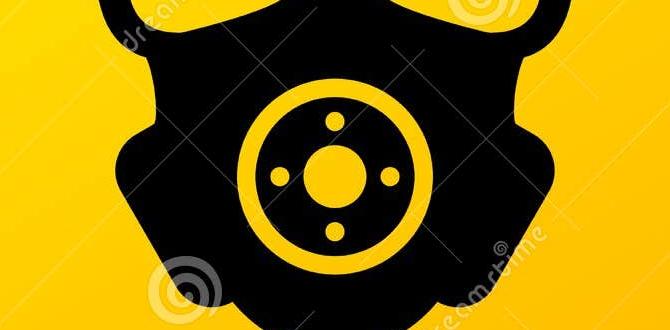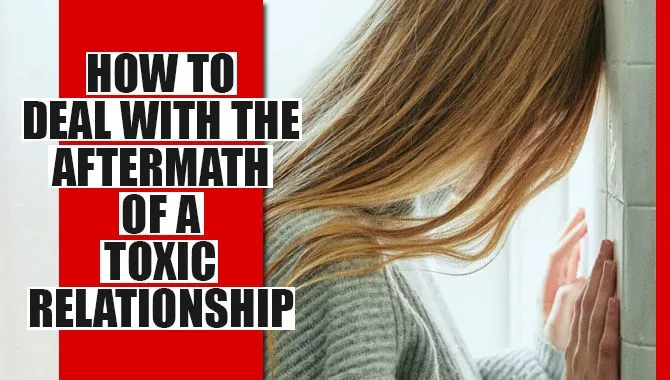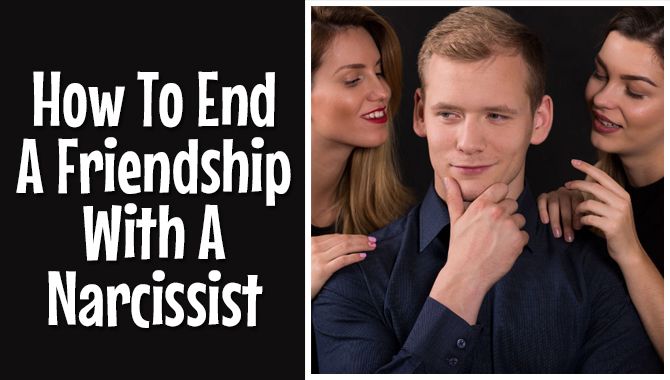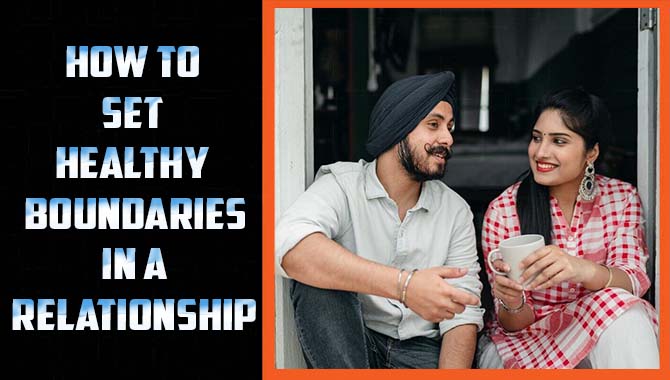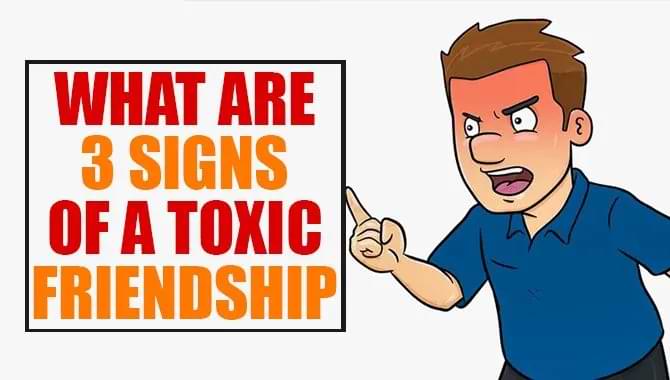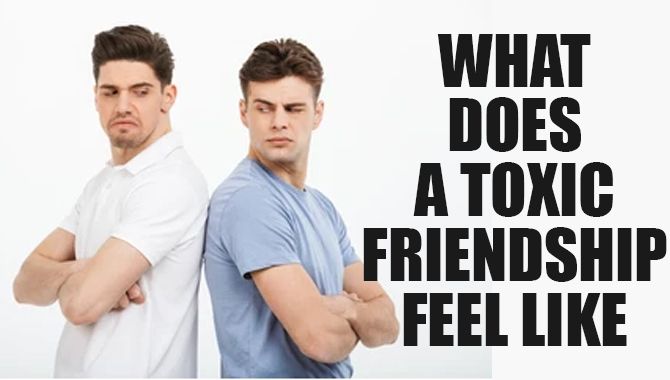You need to learn how to say “no” to your friends, even if it means disappointing them or saying “no” to hanging out.
When it comes to friendships, it’s important to be able to identify the difference between a healthy relationship and a toxic one. Toxic friendships are those that are full of drama, negativity, and instability.
These friendships can be exhausting and leave you feeling drained. If you find yourself in a toxic friendship, it’s important to set some boundaries.
Here are some tips for how to navigate a toxic friendship and set healthy boundaries:
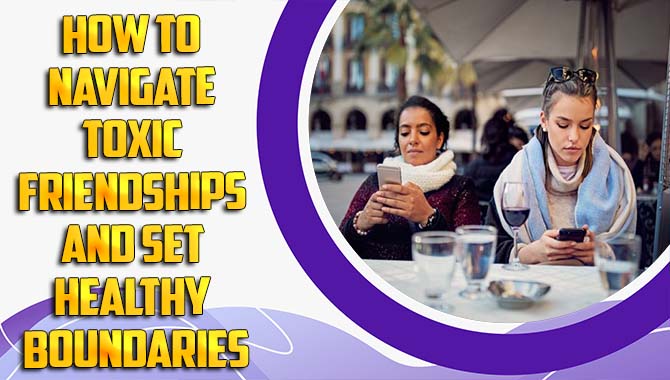
1. Identify The Problem
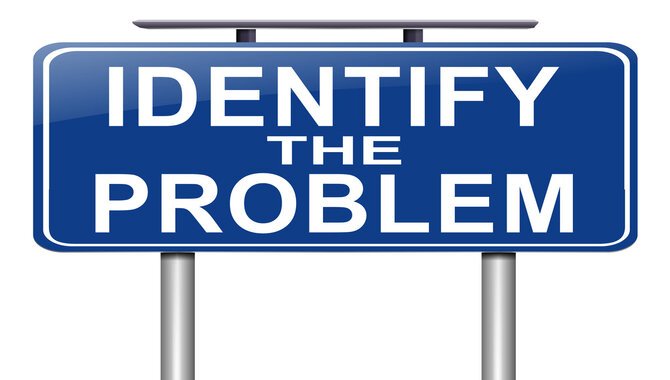
The first step is to identify what it is about the friendship that is toxic. Is it the constant drama? The negative energy? The instability? Once you’ve identified the problem, you can start to address it.
2. Talk To Your Friend

If you’re able to, have a conversation with your friend about the issue. Be honest and direct. Let them know how you’re feeling and why you think the friendship is toxic.
3. Set Boundaries

If your friend is unwilling or unable to address the issue, it’s important to set some boundaries. This may mean setting a limit on how much time you spend together, or only communicating through text or email.
4. Take A Break
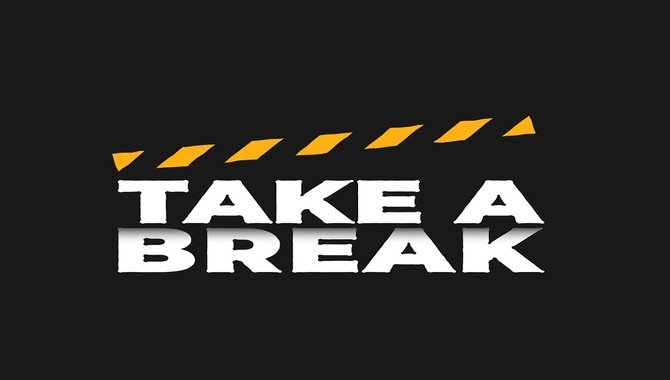
If setting boundaries doesn’t work, you may need to take a break from the friendship altogether. This doesn’t mean you have to end the friendship forever, but it
What Are Some Signs That You May Be In A Toxic Friendship?

If you feel like you’re always walking on eggshells or being judged, you may be in a toxic friendship. When it comes to friendships, it’s important to be able to identify the signs of a toxic friendship. After all, these relationships can be damaging to your mental and emotional health. Here are some signs that you may be in a toxic friendship:
- You feel drained after spending time with this person.
- You find yourself making excuses for their behavior.
- You’re always the one giving, and they’re always the one taking.
- They’re always putting you down, whether it’s in a jokey way or not.
- They’re always the center of attention, and they love to gossip.
- You feel like you’re always walking on eggshells around them.
- They make you feel bad about yourself.
- They’re always trying to one-up you.
- They regularly cancel plans with you, or they’re always flaking on you.
- You just don’t feel good around them.
If you’re noticing any of these signs in your friendship, it’s time to have a talk with your friend. If they’re unwilling to listen to your concerns or make any changes, then it may be time to end the friendship.
How Can You Tell If A Friend Is Toxic For You?

A toxic friend is someone who is manipulative, controlling, and demanding.
It’s not always easy to tell if a friend is toxic for you. There are some signs, however, that can help you figure it out.
1. They’re Always Negative
If your friend is always negative, it can be draining. You might feel like you have to walk on eggshells around them or tip-toe around their moods. This isn’t a healthy way to live.
2. They’re Always Critical
If your friend is always critical, it can be hard to feel good about yourself. You might feel like you can’t do anything right in their eyes. This type of friend isn’t supportive and can make you feel bad about yourself.
3. They’re Always Trying To Control You

If your friend is always trying to control you, it’s not a healthy relationship. You should feel like you’re in control of your own life and choices. This type of friend doesn’t respect your autonomy and can be manipulative.
4. They’re Always Putting You Down
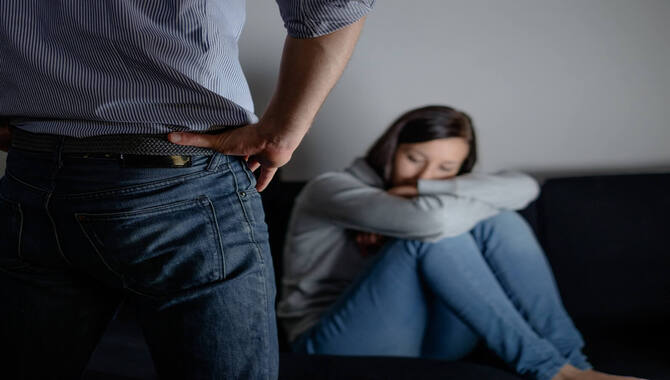
If your friend is always putting you down, it’s not a healthy relationship. You should feel good about yourself when you’re around your friends. This type of friend is not supportive and can make you feel bad about yourself.
5. They’re Always Jealous Of You

If your friend is always jealous of you, it can be hard to trust them. You might feel like they’re always trying to one-up you or make you feel bad about yourself. This type of friend isn’t supportive and can be destructive to your self-esteem.
If you notice any of these signs in a friend, it might be time to reevaluate the relationship. A healthy friendship should make you feel good about yourself, not bad.
What Are Some Of The Ways A Toxic Friend Can Impact Your Life?

A toxic friend can negatively impact your life in many ways, including causing stress, anxiety, and depression.
When it comes to friends, it’s important to choose quality over quantity. A small group of close friends who support and care for you is much better than a large group of acquaintances.
Unfortunately, not all friendships are healthy. Some friends are toxic and can have a negative impact on your life.
A toxic friend is someone who is constantly negative, critical, and judgmental. They may be jealous of your success or unhappy with their own life. Toxic friends are draining, manipulative, and toxic people to be around.
A toxic friend can impact your life in many ways. Here are some ways a toxic friend can impact your life:
1. They’re Always Negative
A toxic friend is always negative. They complain about their life, their job, their friends, and pretty much everything else. They’re never happy and they bring everyone down with their negativity.
2. They’re Critical and Judgmental
A toxic friend is always critical and judgmental. They’re never happy with anything you do and they’re always quick to point out your flaws. They’re also quick to judge and gossip about other people.
3. They’re Manipulative

A toxic friend is often manipulative. They may try to control you or make you feel guilty. They may also try to take advantage of you.
4. They’re Always Drama

A toxic friend is always drama. They love to stir up drama and they’re always at the center of it. If there’s no drama, they’ll create it.
5. They’re Toxic

A toxic friend is, well, toxic. They’re poison to your life and they can drag you down with their negative energy. It’s best to stay away from toxic friends.
If you have a toxic friend in your life, it’s important to take steps to protect yourself. Limit your time with them, set boundaries, and don’t take their negativity to heart.
It’s also important to have other supportive friends in your life to offset the negative impact of a toxic friend.
What Are Some Of The Red Flags That Indicate A Toxic Friendship?
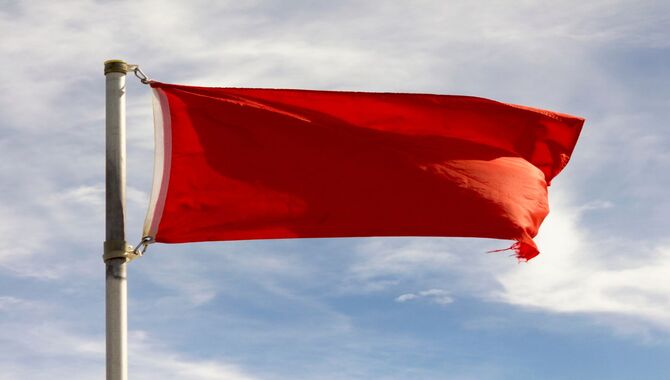
There are many red flags that indicate a toxic friendship, but some common ones are: jealousy, controlling behavior, always putting themselves first, and always needing to be right.
How Can You Tell If A Friendship Is Truly Toxic?

Here are some red flags to watch out for:
- Your friend is always negative.
Do They Always Seem To Find The Negative In Every Situation? Or Are They Just Generally Negative And Pessimistic?
If you find yourself feeling down after spending time with your friend, they may be toxic.
- Your friend is judgmental.
Do They Judge You For Your Choices Or For The Way You Live Your Life?
If they are constantly putting you down or making you feel bad about yourself, that’s a red flag.
- Your friend is manipulative.
Do They Try To Control You Or Make You Do Things You Don’t Want To Do?
If they are always putting pressure on you or making you feel guilty, that’s a red flag.
- Your friend is always drama.
Do They Seem To Stir Up Drama Wherever They Go?

If they are always causing problems or creating conflict, that’s a red flag.
- Your friend is toxic.
Do They Make You Feel Bad About Yourself?

If you find yourself feeling worse after spending time with them, that’s a red flag. If you have a friend who meets any of these criteria, they may be toxic. It’s important to be aware of these red flags so you can protect yourself from negative influences.
FAQs
1.How Can You Set Boundaries With A Toxic Friend?
Ans: There is no one answer to this question as it depends on the situation and relationship between you and the toxic friend. However, some tips on setting boundaries with a toxic friend include:
- Be clear about your expectations. Make sure the toxic friend knows what you expect from the friendship, and be clear about your boundaries. For example, if you don’t want to be constantly negativity, make that known.
- Be assertive. Don’t be afraid to stand up for yourself and assert your boundaries. This may mean saying no to plans you don’t want to do, or leaving situations that are making you uncomfortable.
- Keep communication open. Talk to the toxic friend about your concerns and why you feel the need to set boundaries. This can help the friend understand where you’re coming from and potentially make changes.
- Be prepared to walk away. If the friendship is truly toxic and not meeting your needs, you may need to consider walking away. This can be difficult, but sometimes it is necessary for your own wellbeing.
2.What Are Some Things You Can Do To Protect Yourself From A Toxic Friend?
Ans: There are a few things you can do to protect yourself from a toxic friend:
1.Set boundaries. Make sure you communicate your expectations and boundaries to your friend. If they cross a line, don’t hesitate to call them out on it.
2.Keep communication healthy. Make sure you’re honest with your friend and communicate openly. Avoid getting into arguments or heated debates, as these can escalate quickly and lead to toxic behaviors.
3.Spend time with other people. It’s important to have a supportive network of friends and family members to rely on. Spend time with other people who make you feel good about yourself and who you can trust.
4. Take care of yourself. Make sure you’re taking care of yourself emotionally and physically. This will help you feel good about yourself and be better equipped to deal with a toxic friend.
3.How Can You Deal With A Toxic Friend Who Is Also A Family Member?
Ans: If you have a toxic friend who is also a family member, you may have a difficult time dealing with them.
It is important to remember that you have a right to protect yourself from toxicity, even if that means distancing yourself from the family member.
You might try talking to the family member about your concerns and explain that you need to take a break from the relationship for a while.
If the family member is unwilling to listen or tries to force you to stay in the relationship, you may need to consider permanently cutting off ties.
4.What Do You Do If You Realize You Are In A Toxic Friendship?
Ans: If you realize you are in a toxic friendship, you should try to talk to your friend about your concerns. If your friend is unwilling or unable to address your concerns, it may be best to end the friendship.
Conclusion
There are a few key things to remember when it comes tonavigating toxic friendships and setting healthy boundaries. First, it is important to be honest with yourself about what you can and cannot tolerate in a friendship.
Second, be clear and direct with your friend about your expectations and what you need from the friendship. Finally, be prepared to set boundaries and stick to them, even if it means ending the friendship.
I hope that you understand what I’m saying. If you have any questions, please let me know in the comments section.


